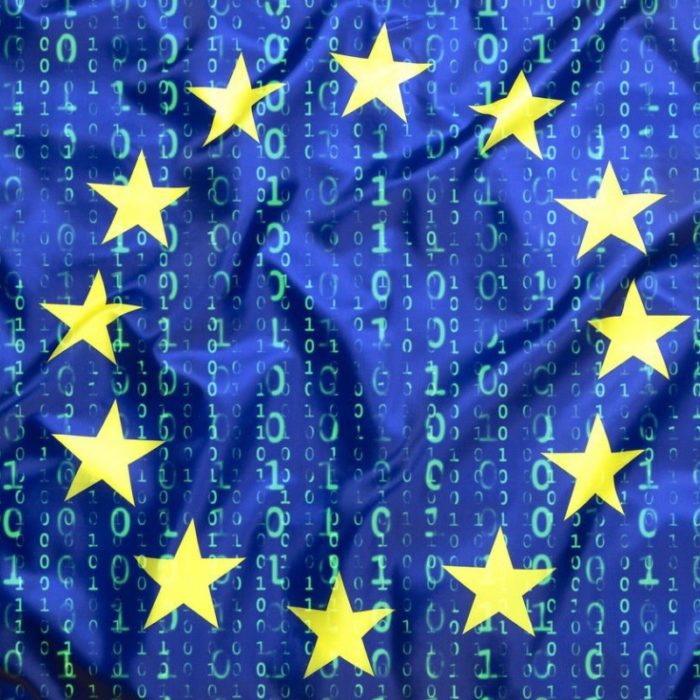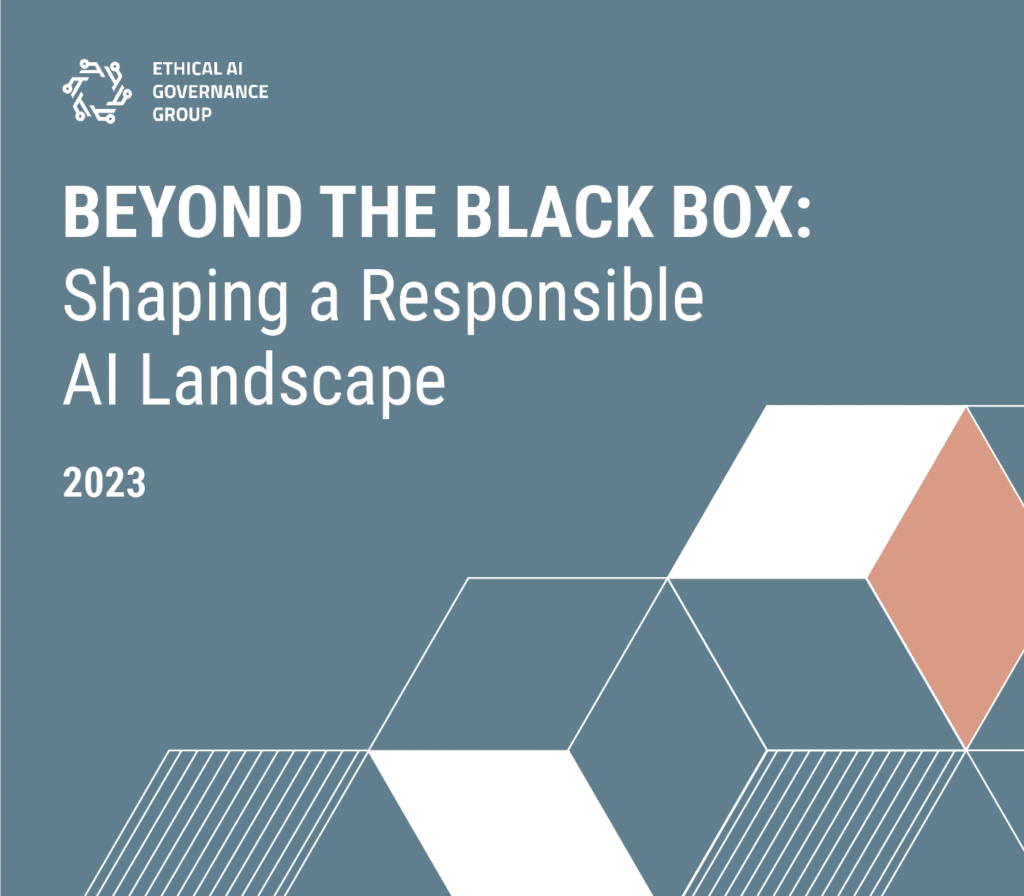

The future of digital and human interaction is treading on a fine line between personalization and trust. As AI continues to drive us toward a more intimate digital landscape, the ethical considerations of data usage, privacy, and transparency will play a critical role.

The EU is finalizing the world’s first comprehensive AI regulation, known as the AI Act. It imposes explicit obligations on foundation model providers such as OpenAI and Google. However, many of these providers currently fall short of compliance in key areas like data disclosure, compute resources, and model deployment.

In a world where AI decisions face increasing scrutiny, Konfer unveils a revolutionary AI Governance, Risk, and Compliance (GRC) product.

Generative AI represents a pivotal shift in the BI landscape, addressing the challenges of speed, accessibility, editability, and smart recommendations. The democratization of data will be instrumental in driving data-driven decision-making throughout organizations and enterprises.

Enterprises have begun to recognize the productivity opportunities associated with GenAI, but they must be ready to innovate without being paralyzed by fear because this is where the future is headed.


Join KPMG CISO John Israel, Trusted AI lead at Salesforce, Fatemeh Khatibloo, and head of strategy at Credo.ai, Giovanni Leoni for a discussion on Trusted AI in the Enterprise. The advent of LLM’s and “hallucinations” have substantially raised the bar on this issue.

Generative AI has become widely popular, but its adoption by businesses comes with a degree of ethical risk. Organizations must prioritize the responsible use of generative AI by ensuring it is accurate, safe, honest, empowering, and sustainable.

At the Securing AI Summit in San Francisco, the Ethical AI Global Governance (EAIGG) proudly announces a strategic partnership with KPMG and the release of its second annual report, “Beyond the Blackbox: Shaping a Responsible AI Landscape.”